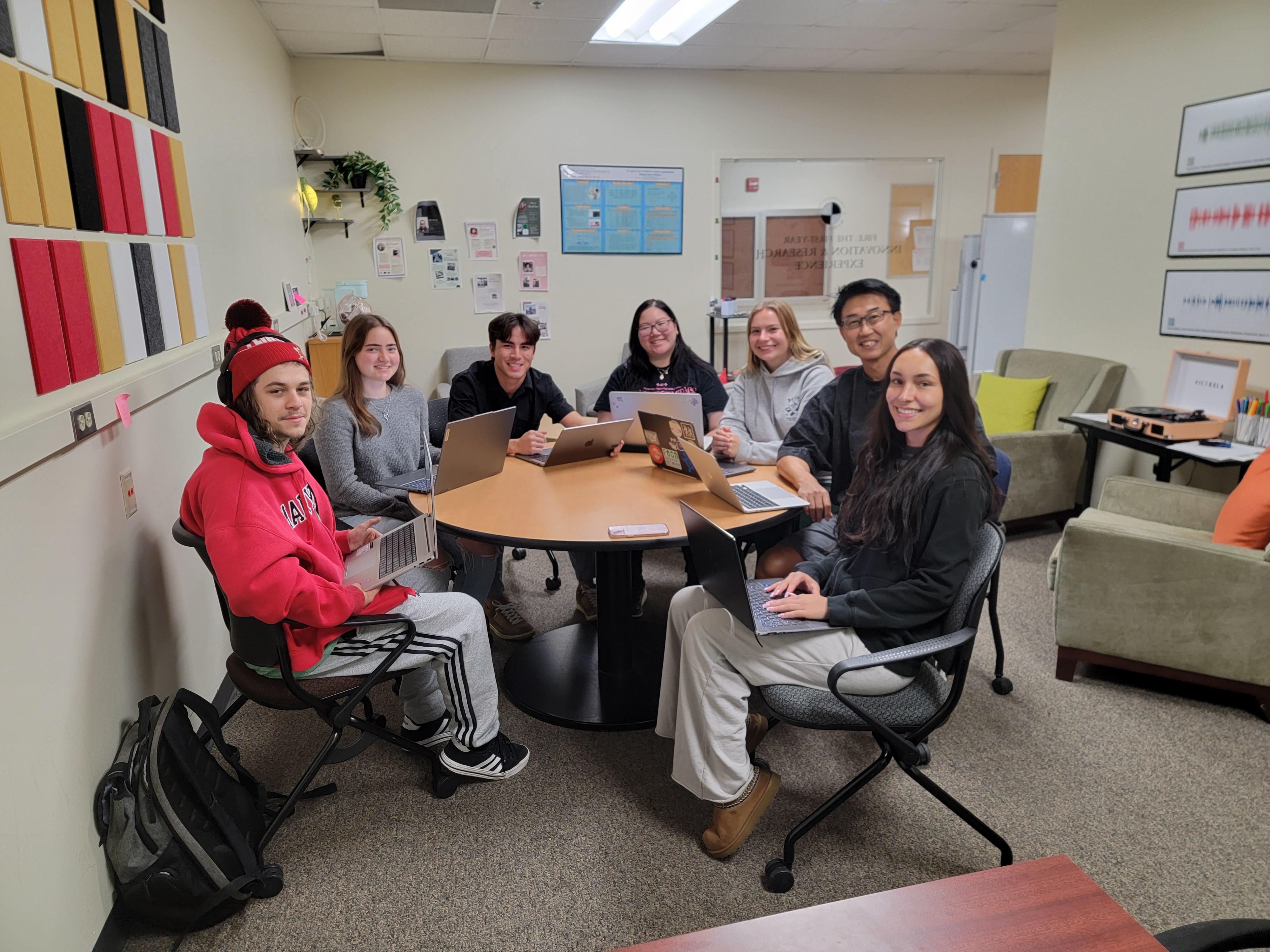
The charm of any language comes from its unique dialects, creating variances in speech rhythm, differences in common words, pronunciations and more. However, the Chinese language's local dialects are rapidly disappearing in favor of Standard Mandarin.
Ashley Chau '25 is a linguistics major and Peer Research Mentor in the Global Development & Design research group of the First-Year Innovation & Research Experience (FIRE). Alongside her team, she wants to find out why these regional dialects are being phased out.
“In the average Chinese household, a lot of young people don’t speak their family’s dialect,” said Chau.
State-sponsored programs aim to promote the use of familial dialects from an early age, offering resources like mínzú (bilingual) schools and broadcasting dialect-specific radio programs, cartoons and nursery rhymes to young children across China. Despite these early interventions, language preservation efforts continue to struggle.
“People aren’t speaking these languages not necessarily because they don’t have the resources. If they want to learn, their parents can teach them. The reason that they’re not able to preserve these languages is that, frankly, they [young people] don’t want to. And they don’t want to because, by speaking these family dialects, they’re at a disadvantage,” said Chau.
Standard languages like Mandarin and English are another arm of globalization, defined as the growing interconnectedness between countries worldwide. While they excel at facilitating cross-cultural communication, they have further complicated the issue of practicing these dialects.
“My personal experience is that my parents immigrated here [to the U.S.] and didn’t want me to speak our family’s dialect—they barely wanted me to speak Mandarin. It’s not considered as useful in a globalized society,” said Chau.
For many Chinese young adults, adopting Standard Mandarin is essential for success in university and professional environments. This has created a difficult balance between preserving cultural heritage and meeting practical needs, especially for those who will determine whether these local dialects survive into the next generation.
“How can you tell a person whose family doesn't come from a well-to-do background that: ‘You have to preserve this family language because I think it’s important for your cultural heritage.’ And put yourself at a detriment in an educational and financial way. You can’t!” said Chau.
Despite the challenges, globalization’s principles of accessibility, cultural exchange and integration of technologies are still something to aspire to. Research like Chau’s is essential in how we continue to investigate larger issues of equity, inclusion and what diversity truly means in the 21st century.
“Language is a functional thing, it’s important that we can talk to each other. But there’s a balance to be had,” said Chau, and continued, “Diversity isn’t just about us all becoming one amoeba of similar traits. It’s about celebrating differences, not just tolerating or accommodating them,” said Chau.
What do we sacrifice when we smooth over linguistic differences? Beyond words, we risk losing entire ways of seeing and understanding the world around us. The real question isn't what we might lose—it's what inherited wisdom we could save by nurturing these languages.
“The poetry that I can write in Mandarin isn’t the same poetry I could write in French, English or Spanish. In preserving languages, I really feel like we’re preserving not only a part of humanity, but also a part of individuality, history and culture,” said Chau.
